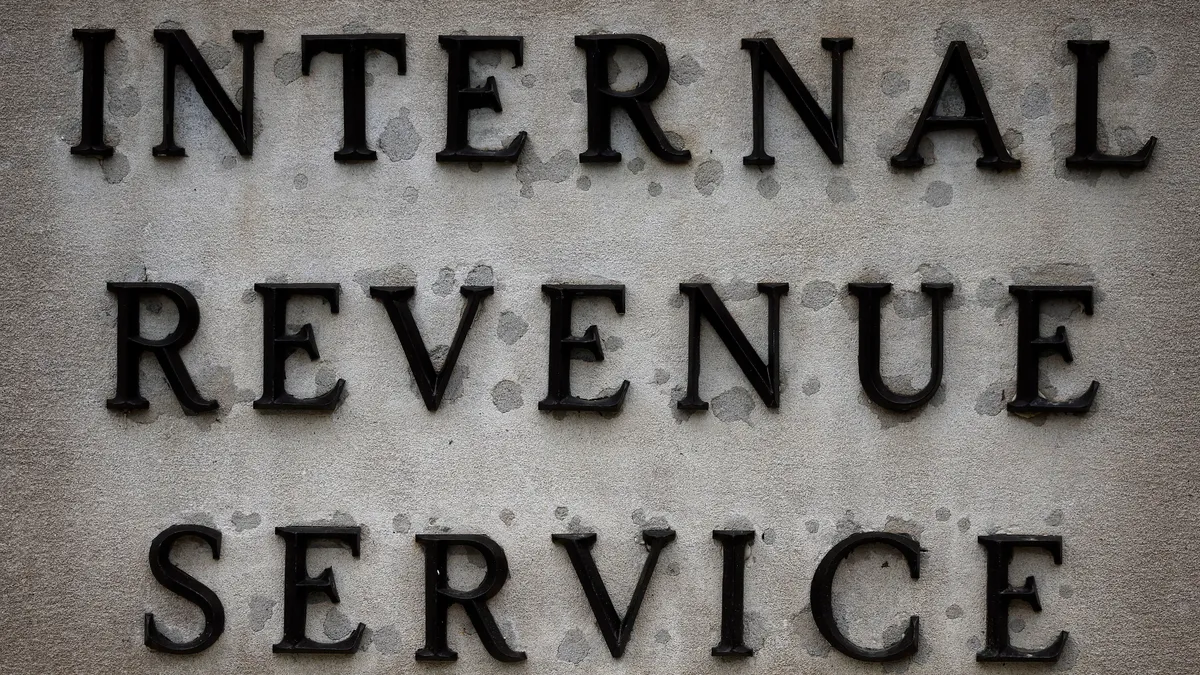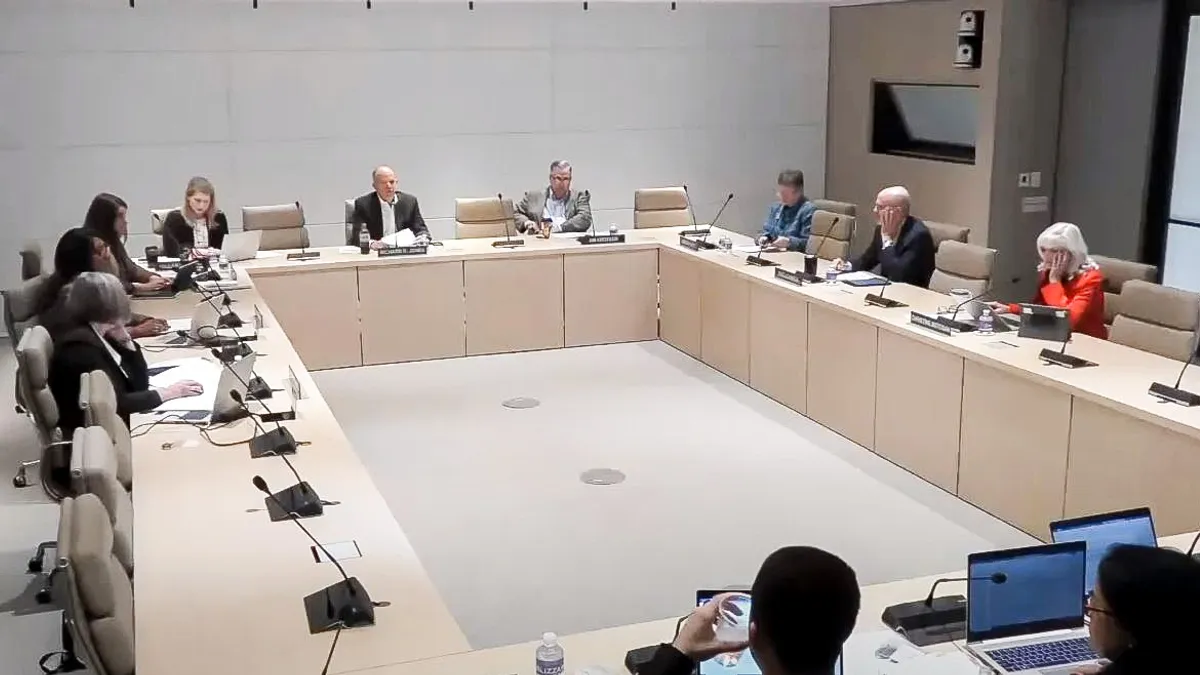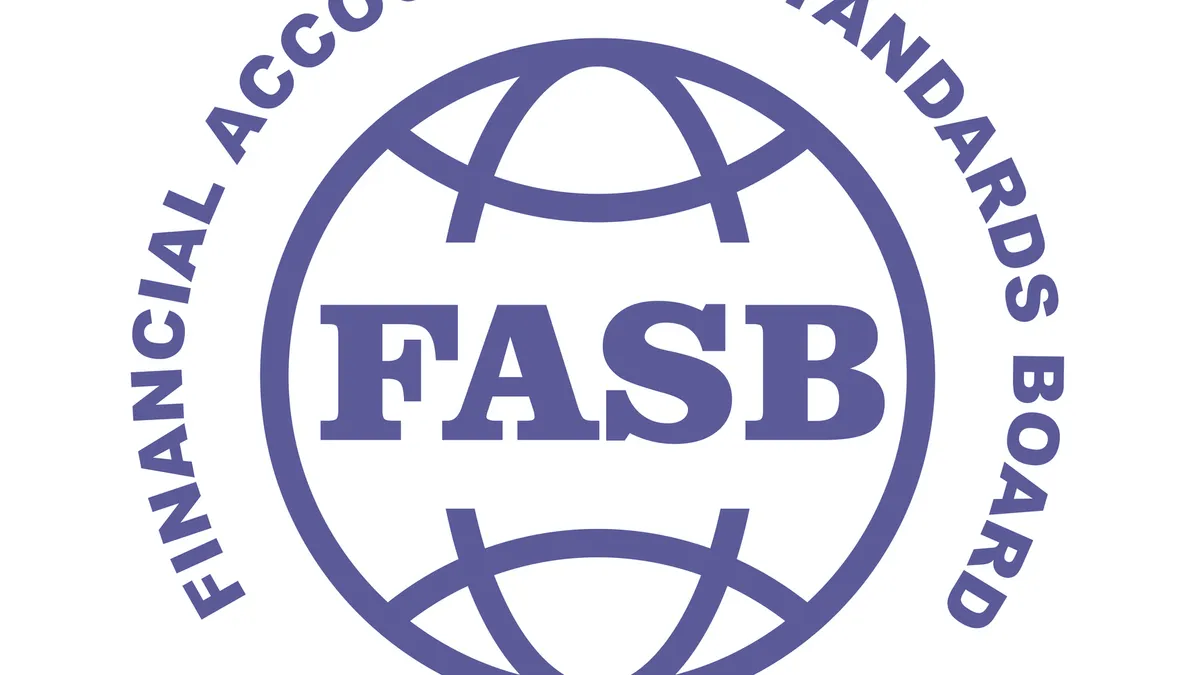How you determine your need and eligibility for a loan under the Paycheck Protection Program (PPP) can play into your liability risk if you apply for funds to help you get through the downturn, Annie Railton, a Goodwin law firm partner, said in an Airbase webcast.
Although Congress added several layers of oversight as part of the Coronavirus Aid, Relief, and Economic Security (CARES) Act, which created PPP loans for businesses with fewer than 500 employees, ultimately liability will fall under existing criminal and civil fraud laws, including the False Claims Act, Railton said.
"The CARES act puts in place a complicated oversight structure that involves congressional entities, a special Inspector General, and the takeaway of all of that is, there’s a lot of oversight, a higher risk of an audit, that may then get handed off to the Department of Justice," Railton said.
Under the program, you can get up to 2.5 times your average monthly payroll costs. If you get funded, you don't have to pay the loan back if you use at least 75% of the money to keep employees on board and any remaining funds for other eligible uses, including rent and utilities. If you don't use the funds in the prescribed way, you have to pay the money back, with interest.
As of early May, about $125 billion of the $660 billion authorized was still available.
Necessity, eligibility and forgiveness
As a practical matter, companies with larger loans will come under scrutiny first. "The $2 million threshold provides some benchmark on audit risk," Railton said.
There are three areas the government will likely be looking at the most:
- Justification for the money
- Eligibility based on your number of employees
- Decision to ask for forgiveness rather than pay the loan back if you get the funds
"DOJ has talked about pursuing applicants who’ve overstated their payroll costs, misrepresented their number of employees, or misrepresented the nature of their business," she said.
Federal prosecutors have already brought the first charges under the program. In early May, the DOJ alleged two people tried to apply for more than $500,000 in loans for multiple businesses they operated even though some of the businesses didn’t exist and none of them had any employees. Charges include conspiracy to commit fraud and conspiracy to commit bank fraud.
"It is unconscionable that anyone would attempt to steal from a program intended to help hard working Americans continue to be paid so they can feed their families and pay some of their bills," Rhode Island U.S. Attorney Aaron Weisman, whose office brought the charges, said in a statement.
Focal point of enforcement
The False Claims Act will probably be the biggest source of civil claims under the program, Railton said. It’s widely used whenever federal funds are involved and was a main source of litigation after the 2008 financial crisis and Hurricane Katrina.
"It's a focal point of where we think there will be a lot of activity," she said.
Whistleblowers, who can get up to 30% of the money involved, file most claims under that law. "Whistleblowers are incentivized to bring these lawsuits," she said, adding that Treasury stands to recover a substantial amount of money, too. "We’ve seen these lawsuits aggressively brought over the last many years."
One reason whistleblowers play such a prominent role: the government is obligated to investigate any claims they make, even if it's as long as 10 years after the event, which means long after you apply for, receive, and either pay back or get the funds forgiven, you can remain liable for fraud.
Risk reduction
To lessen the chance of trouble if you get audited or hit with a whistleblower complaint, document the thought process that went into the decision to apply for the loan — why your company thought it had an economic necessity — and include dissenting views.
As part of your determination of need, address why you're not using any alternative sources of funds you have available to you.
"There are some real considerations there," said Railton. "If you draw down one area of credit, is it going to hamper your ability to get more credit in the future? If you use another source now, are you going to be in a tough bind six months from now? What are the terms by which I can get money? Are they reasonable or will they in and of themselves be harmful? And if I could and do use it, what’s the impact on the business? That assessment can be pretty fact specific. If you still believe the PPP loan is necessary, document that assessment, how it was made. It’s helpful to record that robust assessment."
Both the company and individuals can be liable. If, as CFO, you're the one who filled out the loan application or led the calculation process to determine need, you want the assessment to be thorough, and if you or someone else thought the loan wasn't needed but the board or other leadership did, include those concerns as part of the documentation.
"Be attentive to people who expressed dissenting views, whether they're on the board or internal to the company," Railton said. "If you hear questions about whether you should apply for a PPP loan, take them seriously."
Although companies can provide indemnification agreements to help protect individual executives or others involved in the decision to apply for a loan, those agreements ultimately can’t stop the government from going after you.
"You can't negotiate away with a private party a government enforcement right," she said. "You can't prevent the risk that the government might pursue an action by trying to negotiate with your employer the question of indemnification or advancement of legal fees."
What is key to avoiding liability, she said, is whether the need was calculated in good faith, and whether you have the documentation to support the decision.
That applies not just to the question of need but also to whether you are eligible based on your employee count and whether you're eligible for loan forgiveness.
"There is risk at both ends," she said, "risk in the application process and risk in the forgiveness process, which, to some extent, is still uncertain."
The Small Business Administration (SBA), which administers PPP, has said it will put out more guidance on the forgiveness process and whether there are additional certifications you have to make.
Safe harbor period
The loan program included a safe harbor period — through mid-May — for companies that decide after receiving a loan they don't need it and return it.
As a technical matter, the government can still pursue you, Railton said, since fraud applies to the application for funds, not just to their use. But as a practical matter, if you return the money, you're likely to drop way down on the priority list for an audit, especially if your loan is under that $2 million threshold.
Although the safe harbor is for the issue of necessity, presumably the government will apply a similar standard if you decide you weren’t eligible after the fact because of a mistake in calculating your number of employees.
"If the loan application misstated the number of employees — described it as under 500 when it was actually well over — there still could be risk of liability, because the safe harbor isn’t saying all is forgiven," Railton said. "It’s saying, we'll assume you acted in good faith as to economic necessity, which is only one part of this, but, practically speaking, if you return the funds, it greatly reduces the risk of scrutiny and liability."
Bottom line: Unless you intentionally try to mislead, as long as you document your assessment of need and make a good-faith effort to meet criteria for eligibility and forgiveness, you're in a solid position to protect yourself if your company is subject to an audit or a lawsuit.





















